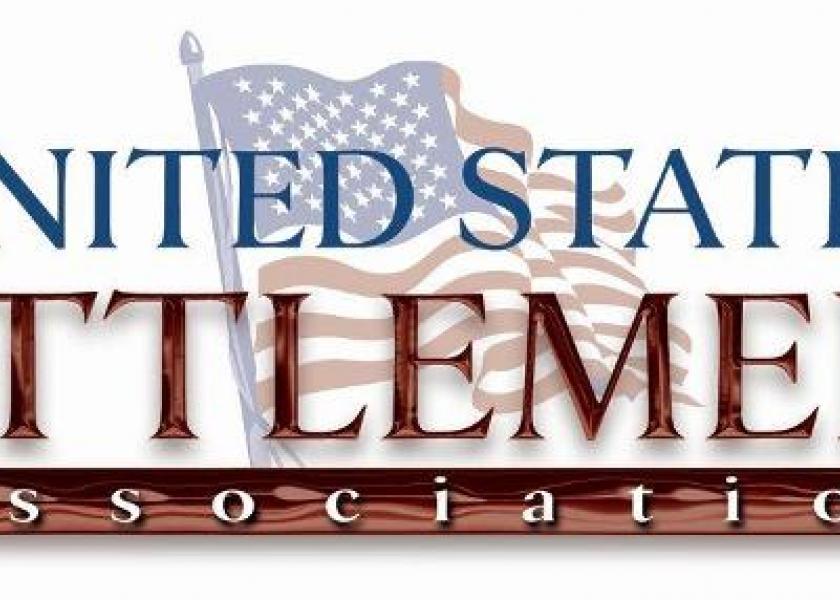Beef Checkoff MOU- Does Not Go Far Enough

The United States Cattlemen's Association (USCA) announced an official decision to not sign the Checkoff Memorandum of Understanding (MOU) as presented to industry leaders through the Beef Checkoff Enhancement Working Group (BCEWG). A two-day meeting concluded in Denver on March 13. The BCEWG sought each member's signature to the MOU and after careful deliberation, USCA has abstained from signing.
USCA, along with the National Farmers Union, originally proposed the concept to enhance the Beef Checkoff to US Department of Agriculture Secretary Tom Vilsack and his staff in 2011. Since that time, the BCEWG was formed with the goal of reaching consensus to propose and implement meaningful and needed enhancements to the program.
USCA past President Jon Wooster commented on the working group, "The BCEWG utilized a series of mediator-driven sessions in order to attempt to find parameters by which all members of the BCEWG could come to consensus. USCA was hopeful throughout this process that the discussions could evolve into meaningful enhancements to modernize the program and make it more efficient. Our goal was to try and initiate needed structural changes that would give producers confidence Checkoff dollars were utilized efficiently and appropriately and would warrant support for an increase in the assessment."
"Unfortunately, the group could never reach consensus concerning discussions focused on structural changes except for changing the date organizations had to be formed to be an eligible contractor from 1986 to being an established beef industry organization for at least three years."
"The MOU proposed several changes including a refundable increase in the assessment of $1. There is also a proposed change to the nominating process for candidates to the Beef Promotion Operating Committee. While this is an integral component of securing needed Checkoff reform, the proposed change in the MOU addressing this issue would actually serve to intensify the current conflict of interest as national organizations contracting for Checkoff dollars would be allowed a seat on the nominating committee."
The makeup of the BCEWG has changed since its inception and it seems its main goal is now to increase the assessment with no consideration to structural changes such as:
- Separating the Federation from NCBA.
- Allowing the CBB to contract directly with the non-industry entities actually doing the work instead of requiring CBB to contract through national organizations who then often sub-contract with these entities.
- Requiring money from State Beef Councils invested in Federation Board seats go to the Beef Promotion Operating Committee to be awarded to contractors.
- Requiring an automatic periodic referendum every five years.
- Write a new Order under the Commodity Promotion Act of 1996 prescribing a more modern and flexible Beef Checkoff.
Wooster concluded, "USCA is committed to seeing meaningful checkoff reform through to fruition. Our leadership would like to continue to be a part of the process. USCA will remain active on this issue and will pursue any effort to bring unbiased and open-minded individuals to the table to discuss substantial enhancements to the Beef Checkoff program. Unfortunately the MOU fell far short of our expectations in the form of structural changes that would warrant USCA's support for an increase in the assessment."
Source: United States Cattlemen's Association







